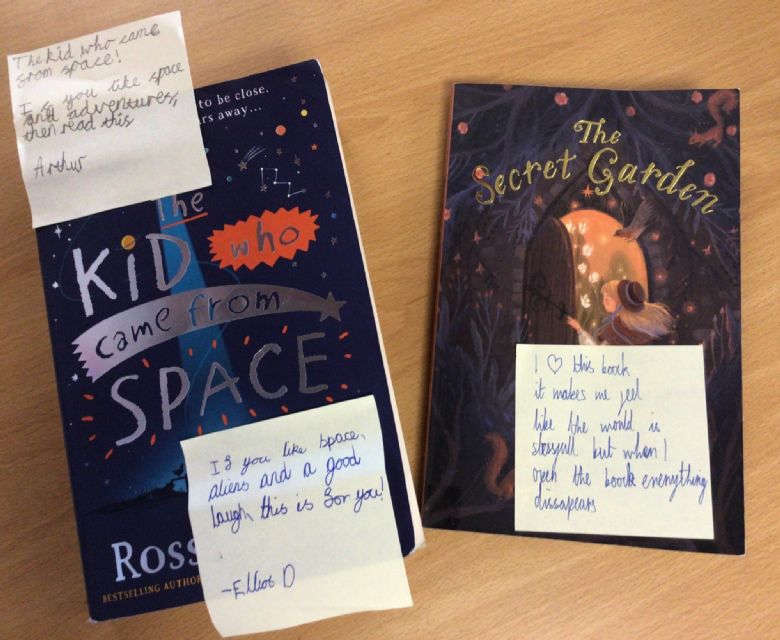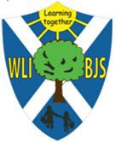Reading
"Reading is a passport to countless adventures." Mary Pope Osborne

The Federation’s love for reading continues at the Junior school, where it is at the heart of everything we do. Children are immersed in a wide range of reading material, ranging from exciting and engaging class texts through to reading across the curriculum, researching their current topic and gaining exposure to varied tier 2 and 3 vocabulary. Pupils share their love of reading with each other and recommendations guide peers with their own reading choices.
Phonics in KS2
To ensure continuity across the Federation and maintain the reading progress achieved at the Infants, phonics screening data is shared between Year 2 and Year 3 teachers as well as the Reading Lead. This quickly enables us to highlight children in Year 3 who might need additional, personalised support with their phonics understanding. This is reflected in Years 4, 5 and 6 where additional Phonics for Reading and/ or Spelling support is provided along with reading intervention.
The children's independent reading time allows us to assess pupils' fluency. In turn, teachers support and model automacity either in whole class teaching or on a 1:1 basis.
Teaching Reading
Our ‘Power of Reading’ approach to teaching writing, through high-quality texts engages readers of all abilities.
The teaching of Reading takes place regularly across the week, where children develop their understanding of a text either independently, collaboratively with a partner or through guided teacher modelling and support. These lessons may be part of a ‘PoR’ sequence, age-appropriate discrete texts or reading material linked to our Foundation subjects.
Children are taught and then independently apply a range of reading strategies in their reading lessons. These strategies are linked to our ‘Reading Dogs’, providing a memorable hook for the children as they move up through the school. See document below for further information about the reading skill linked to each Reading Dog and related questions.
A love for reading a wide breadth of books is encouraged and supported through the ’30 Reads’ challenge. This fresh take on our previous reading challenge, is centred around a class set of appealing, diverse, fiction titles as well as non-fiction books linked to year group topics. Find the year group booklists as well as information about the challenge below.
Reading for pleasure
Developing an intrinsic love for reading is at our forefront. We encourage and promote this in a number of ways:
Teachers read aloud to their classes daily, exposing them to varied, rich vocabulary, modelling prosody. Class novels are either linked to our 'Power of Reading' texts, chosen from our class '30 Reads' box, teacher recommendations or winners of a class vote by the children.
Children at BJS have numerous opportunities to read independently throughout the week. They are encouraged to either choose books from the class bookshelf or bring in a book from home. Our school library is also a rich source of fiction, non-fiction, poetry books.
Regular 'Book Talk' sessions in class are an opportunity for the children to recommend books to their peers/ teachers and vice versa. A 'Monthly Must Reads' display provides further reviews as well as a new monthly feature on the school blog.
We ask children to read at least 5 times a week at home. This may take the form of reading independently, reading out loud to an adult or sharing a book/ being read to by an adult.
Feedback from our pupils tells us that they enjoy reading and this is apparent when you move around our school environment.
Click here to find resources to support your child's reading.
Book Corner on the School Blog
Find monthly recommendations and up to date information about all things reading on our monthly Book Corner sections on the school blog. Previous blogs can be found below:
